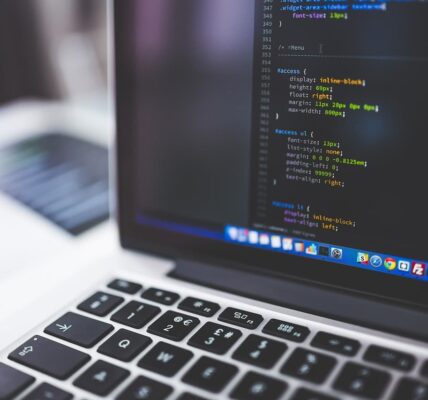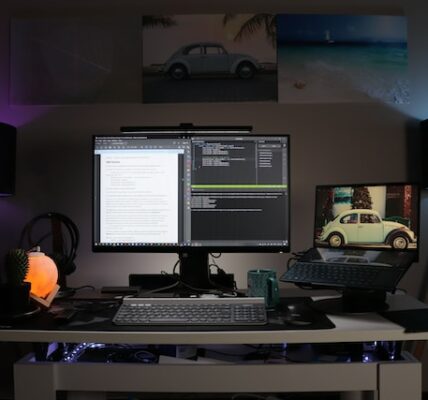Your professional development should take place in three stages:
1) A trial period. You must try this type of activity.
The fact is that mastering a profession takes six months or even a year of study. And you need, as early as possible, to understand whether you can or not. It’s worth investing your time and even money. Or wait for disappointment.
In this period you need to learn 2-3 technologies of real programming. But they should not require a lot of time to master. If you can handle it, it makes sense to spend the promised six months to a year on the next stage.
2) Self-study.
If you have passed the previous stage, you can invest your time in mastering the profession.
3) Internship.
Your first job and first money.
The trial period
What to do!
There’s really only one way to find out if you can do it or not. “To start programming, you have to start programming. And to start programming, you have to start programming!”
A lot of people think programming is hard, you have to know a lot to be a programmer. And that’s true. If it were easy, they wouldn’t get paid such big salaries. But on the other hand, there are many books freely available. And most of them are of high quality. Professionals from big companies tend to write huge books or articles where they describe their invaluable experience to others. Strange people, of course. Instead of getting a huge amount of money for their work, they do book writing for which they get paid less, if not nothing at all. These “oddities” will be discussed later. For now, we must clearly understand that there are few secrets in this profession. Most of the questions can be solved by searching on the Internet. Therefore, despite the complexity, programming is one of the most accessible professions.
During the trial period, you need to decide the technology on which you will start. They should not be too difficult and long to learn. But, on the other hand, they must be in demand by the market, so that even those couple of weeks or a month spent on them are not wasted.
Training manuals
A very important question is what training manuals to use. Here are the options in the order you should go through them.
Video tutorials. There are now a lot of them on any topic. Youtube is sure to give out playlists on any popular technology. It’s all very clear, and you should start making your first “Hello, world!” with them. There’s only one disadvantage. They may not cover all the depths of the language you’re learning. But you’ll have enough problems without them.
Multimedia textbooks. Most likely collections of video lessons plus something else. Very often sold for money.
Books. The hardest to digest. They just cover more of the intricacies of various technologies. Save it for later. When you have exhausted the previous options.
But just please, here and hereafter. You do not need to buy any courses and pay for miracle textbooks. All the “miracles” have been lying around for a long time, on torrents at most.
Solutions to technical problems
Showing willpower and patience, you heroically began to study the subject. And you began to face all sorts of technical problems. You can do everything according to the instructions. But your examples may not work. If only because the instructions may have been written for previous versions of software tools. The hardest step may be with the first run of the source code that you just rewrote from a tutorial.
The most common mistakes have to do with the fact that beginners tend to rush into things and think some things are optional. You, like any normal person, think there are secondary points in programming books. You probably want to get a quick result, in the form of an internship position. And there, surrounded by competent colleagues, you will understand and thoroughly learn everything. Therefore, “some tutorial” on JavaScript, which will not even be your primary language. Can be perceived as a marathon distance to be overcome quickly. In fact, any programming textbook should be seen as a field to be plowed. Anyone who skips over the little things ends up with unsolvable problems. And instead of the company of competent colleagues, they end up completely alone in learning the material all over again.
For example, you’re bad at memorizing a minor term? A couple of days later, the code interpreter or compiler will give you a verbose output about the error. Which will contain dozens of terms, both those you’ve seen before in the textbook and those you haven’t. And the error you recognize may be the key one. Once you fix it, all the others will magically disappear. Most of the reasons you drop out at the beginning of the course have to do with parsing errors from the interpreter or compiler.




